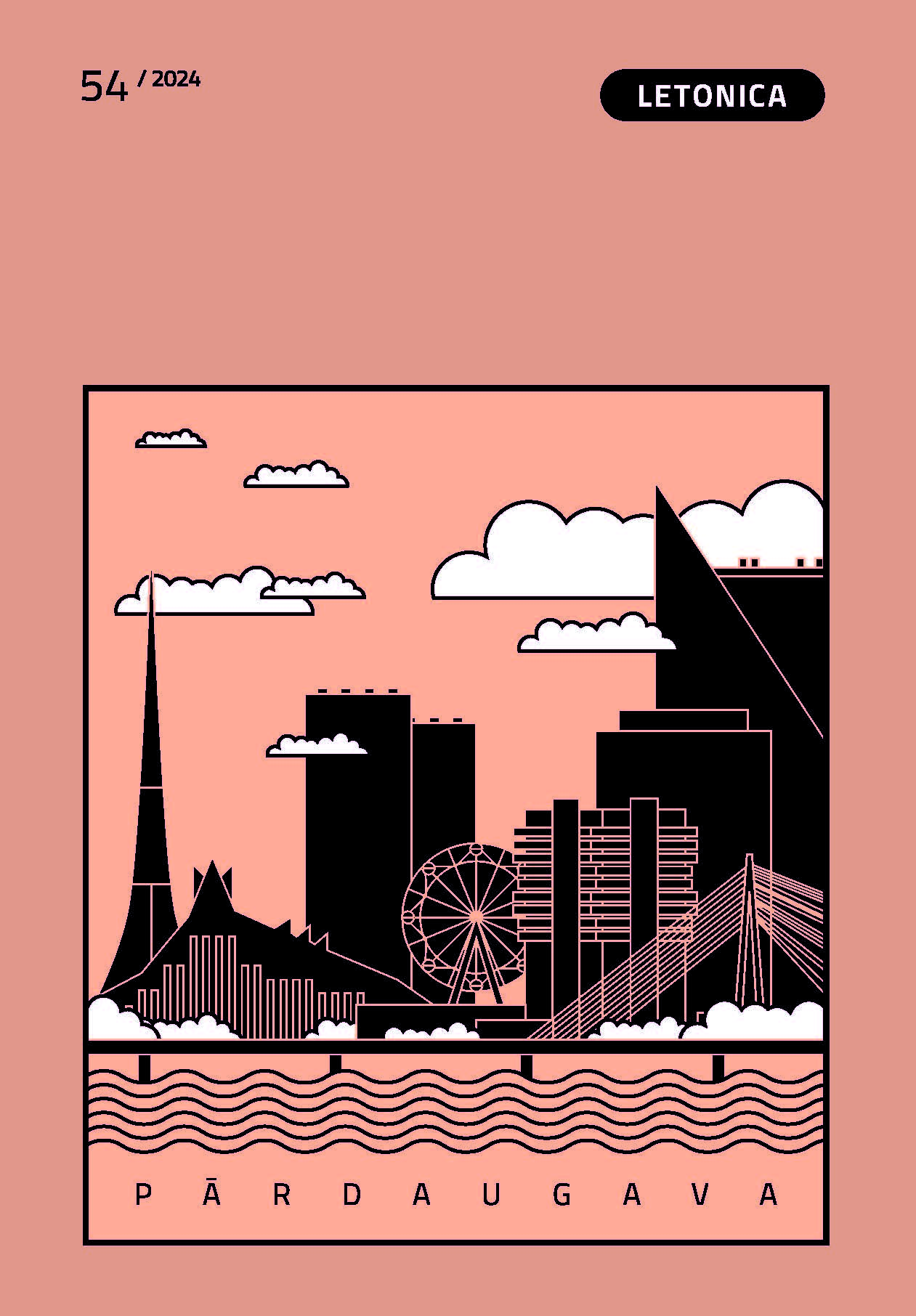Pilsētas koncepts latgaliešu pasakās
City Concept in Latgalian Folktales
Author(s): Angelika Juško-ŠtekeleSubject(s): Customs / Folklore, Human Geography
Published by: Latvijas Universitātes Literatūras, folkloras un mākslas institūts
Keywords: Latgalian folklore; corpus-based study; AntConc; nominal; descriptive; chronotopic and functional elements of the concept;
Summary/Abstract: The article delves into the characterization of the concept of the city in Latgalian fairy tales, analysing collective perceptions of urban life rooted in the nuances of folk narratives. To conduct the analysis, the corpus analysis tool AntConc was utilised. This tool facilitates the identification of key words in context, determines their frequency of use, and identifies repeated collocations within the corpus of Latgalian tales compiled for this study, sourced from the collection of fairytales by Pēteris Šmits. Based on the frequency of use and semantic significance of language segments or collocations contributing to the city concept, the concept structure has been categorized into three groups: nominal and descriptive elements, encompassing names and characteristics of cities and their components; chronotropic elements, aiding in identifying ideas about the spatial and temporal positioning; and functional elements, demonstrating areas distinct from rural lifestyles and characteristic of urban living as a whole. Simultaneously, the article sheds light on the challenges encountered when applying corpus methodology to the analysis of Latgalian folklore texts, primarily stemming from difficulties in transcribing and digitising Latgalian folklore materials.
Journal: Letonica
- Issue Year: 2024
- Issue No: 54
- Page Range: 96-112
- Page Count: 17
- Language: Latvian

